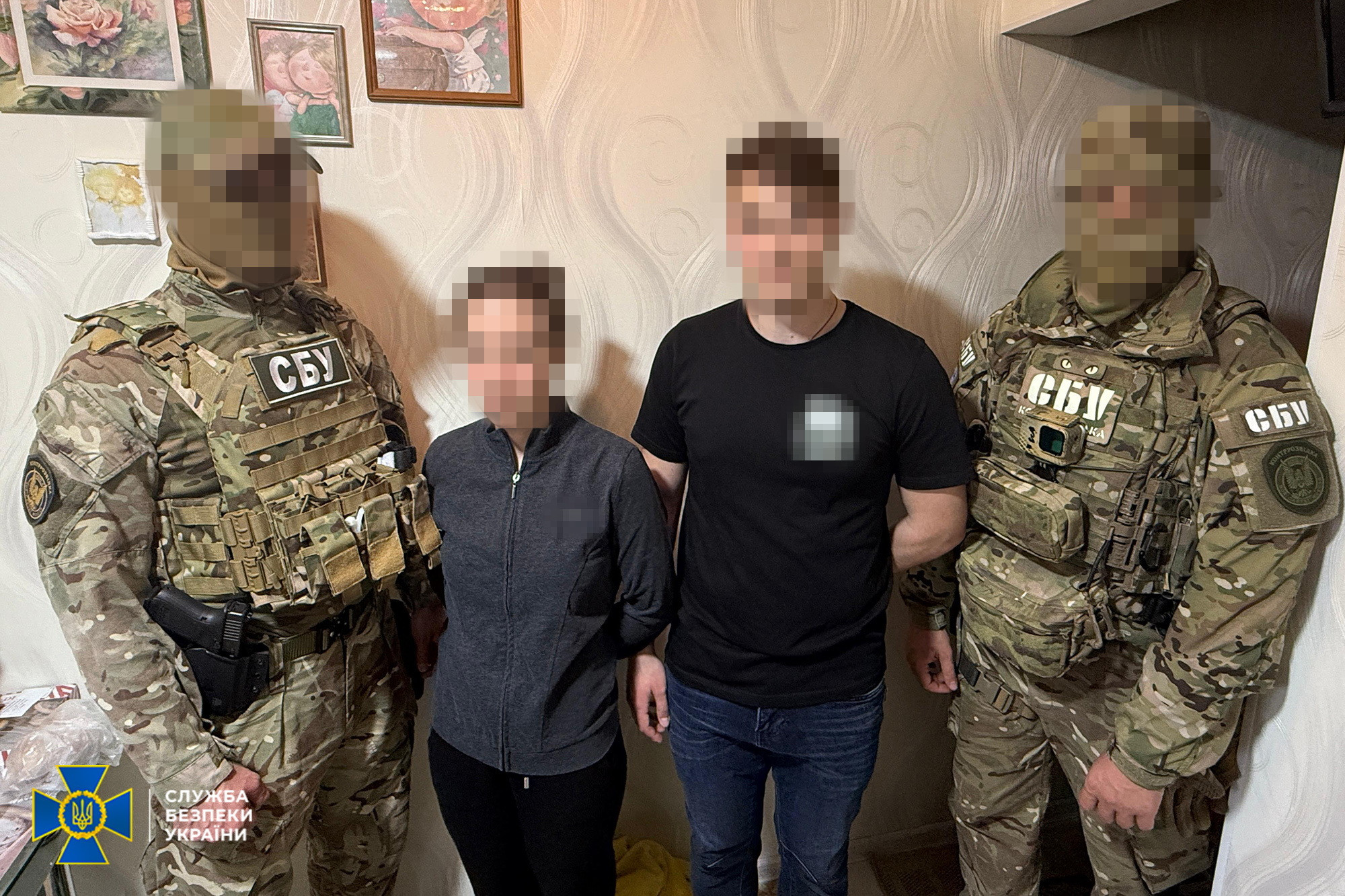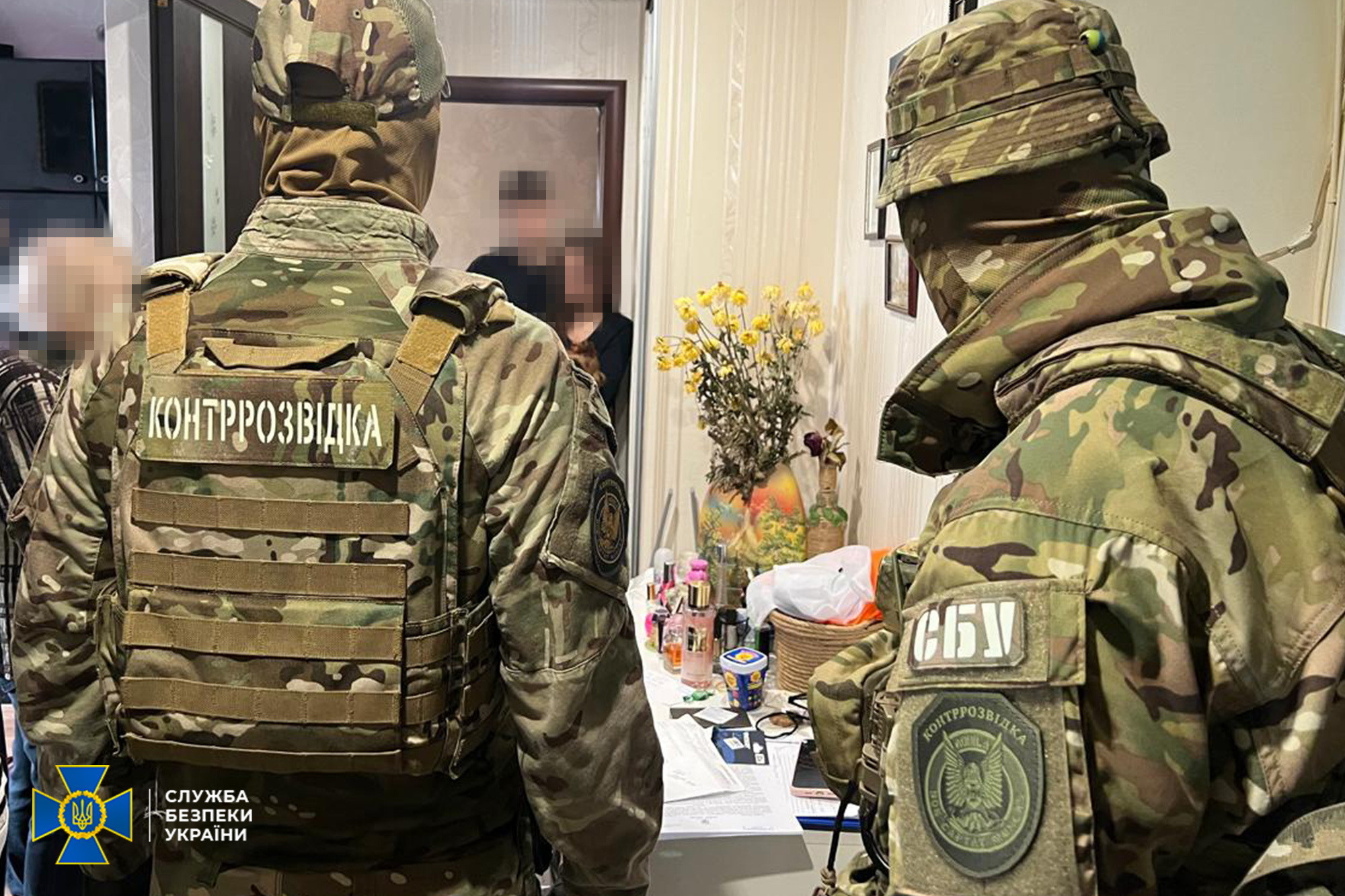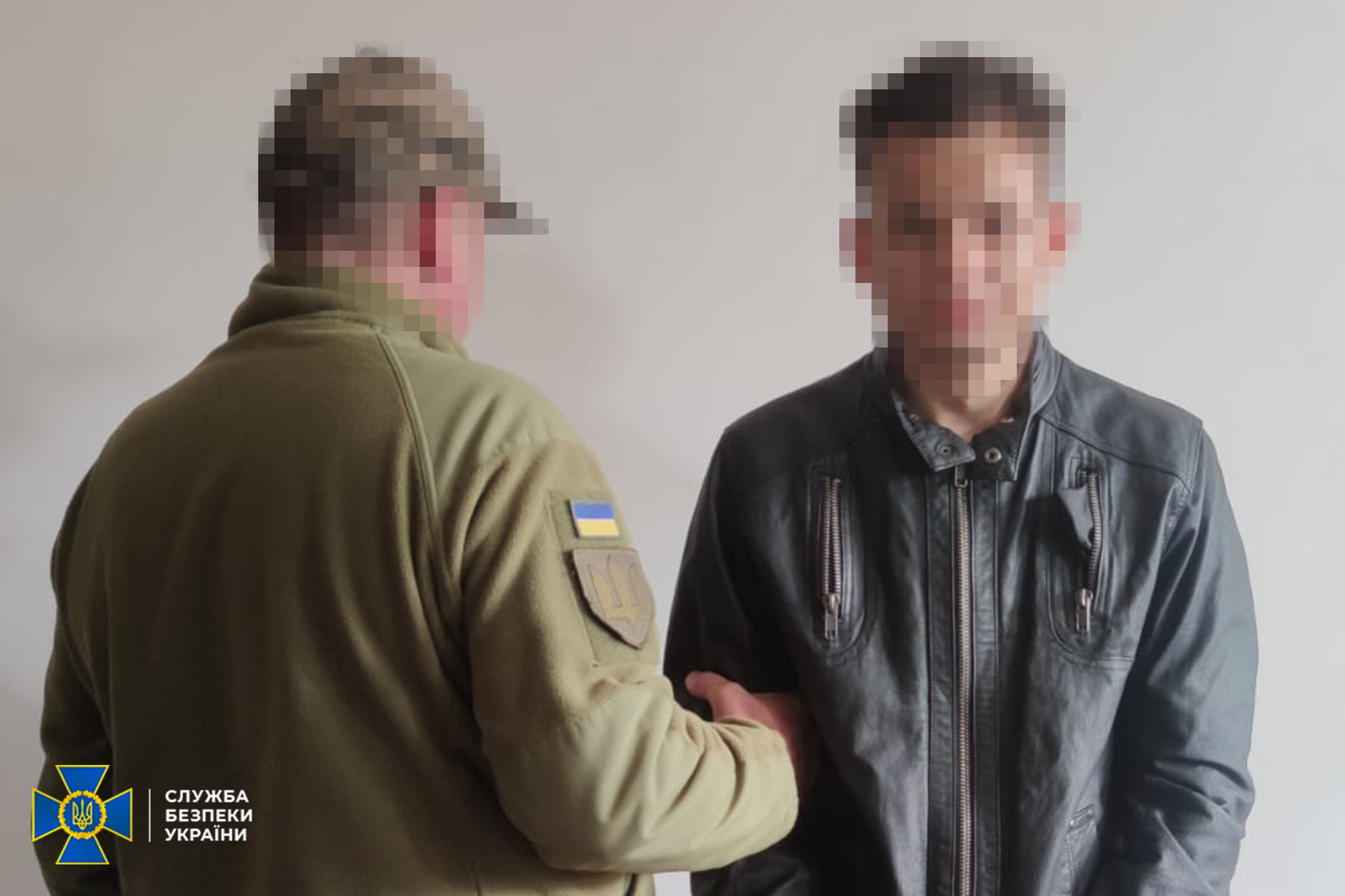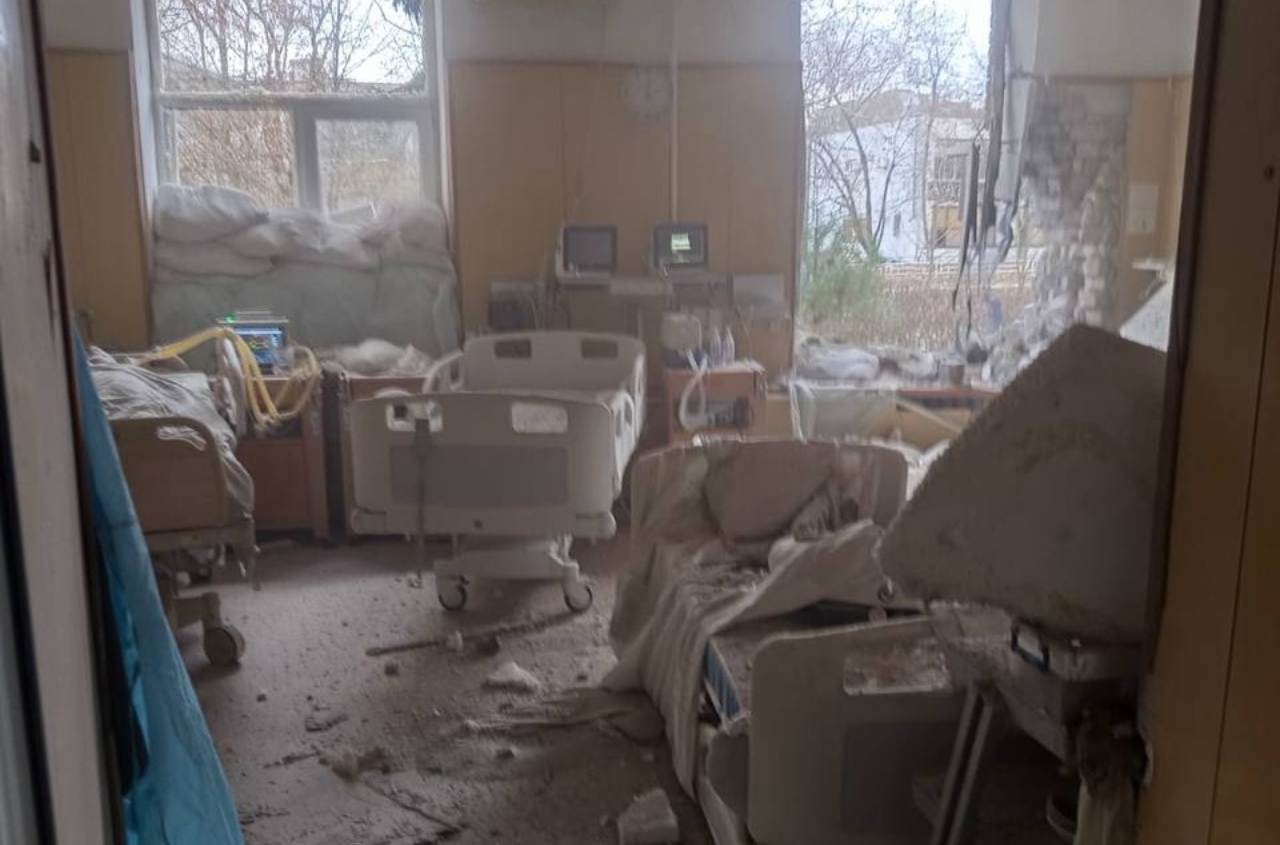The counterintelligence division of the Security Service of Ukraine and the National Police neutralized an intelligence network of Russian special services that coordinated Russian airstrikes on eastern, southern, and western regions of Ukraine.
As a result of the special operation, five members of the Russian cell were simultaneously detained. They were spying for Russia in Zaporizhzhia, Sumy, Mykolaiv, as well as in Khmelnytskyi, Kyiv, Kharkiv, and Dnipropetrovsk regions. The youngest among them is 16 years old, and the oldest is 23.
The investigation established that the group included a student from Zaporizhzhia, his local acquaintance, and her partner. Two brothers from the Kharkiv region also “collaborated” with them.

According to the case materials, the suspects knew each other but operated separately and had one handler from the Russian special services.
After being recruited remotely, the agents were tasked with preparing coordinates for strikes on Ukraine’s defense facilities.
To complete the task, the suspects “traveled” between cities, parking their cars with dashcams turned on near potential “targets.”
Using this device, they recorded the possible presence of personnel and military equipment at the location for 8 to 12 hours.

For concealment, the agents left the car and went to the nearest café, which they used as an “observation point” to monitor the surroundings.
From time to time, the suspects returned to the car to check the dashcam’s battery charge and change the memory card for further recording.
SSU counterintelligence uncovered the Russian agents in advance and documented each suspect step by step. After securing the Defense Forces’ locations, all members of the group were detained at their places of residence.

According to the investigation, Russian special services recruited all the agents through Telegram channels where they sought “easy money.”
SSU investigators have notified the suspects of suspicion under Part 2, Article 111 of the Criminal Code of Ukraine (state treason committed under martial law).
The offenders are held in custody without the right to bail. They face life imprisonment with confiscation of property.




















